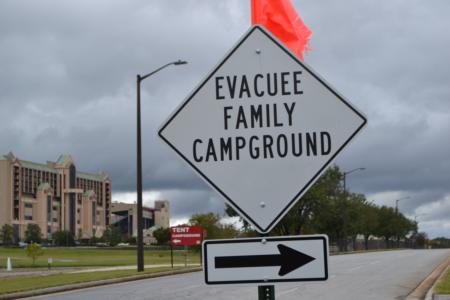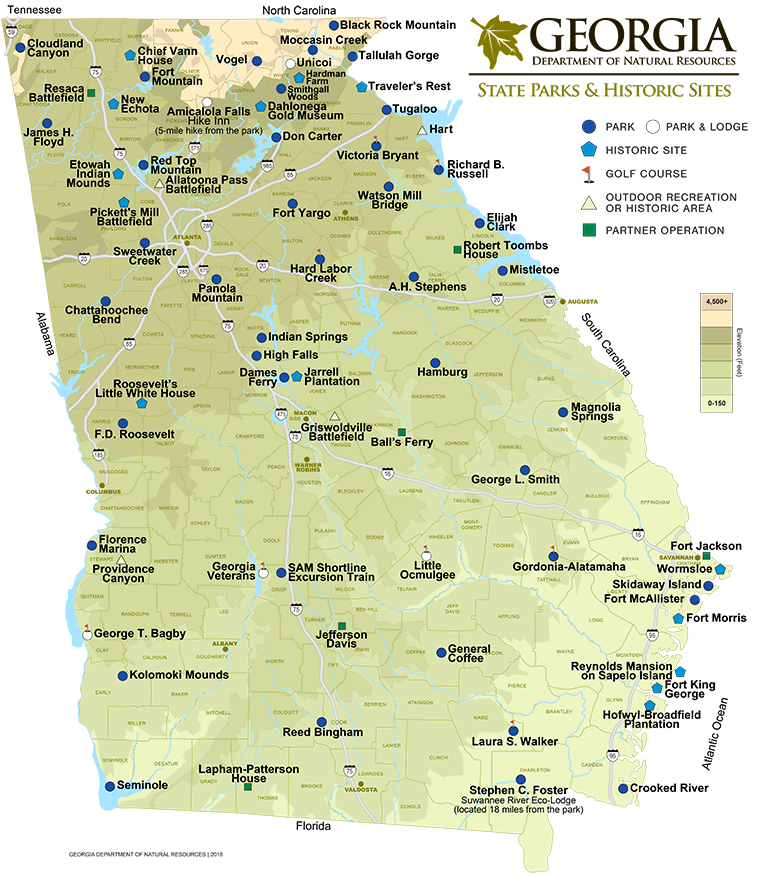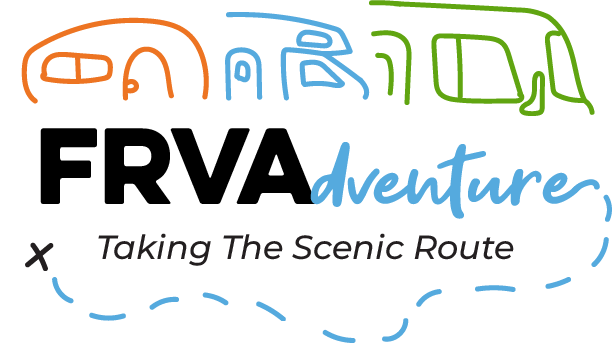
If you are an RVer in the southeast United States evacuating from Hurricane Michael, FMCA has gathered resources to assist you.
Hurricane Michael Closures
Kolomoki Mounds State Park – Blakely
SAM Shortline Train – Cordele
Seminole State Park – Bainbridge
Reed Bingham State Park – Adel
Reynolds Mansion – Sapelo Island
Hurricane Michael Power Outages
(Parks may still be open but with limited services)
George T. Bagby State Park & Lodge – Fort Gaines
Georgia Veterans State Park & Resort – Cordele
Little Ocmulgee State Park & Lodge – Helena
Magnolia Springs State Park – Millen
George L. Smith State Park – Twin City
Hamburg State Park – Mitchell
Florence Marina State Park – Omaha
Providence Canyon – Lumpkin
Indian Springs State Park – Flovilla
Dames Ferry Campground – Juliette
Hurricane Michael Shelters
The American Red Cross has opened shelters at the following locations:
- Shirley B. Winston Park, 5025 Steam Mill Rd., Columbus, GA 31907
- South Bibb Recreation Center, 7035 Houston Rd., Macon, GA 31216
- Central Square Complex, 216 S. Madison Ave., Douglas, GA 31533
- Jefferson County Rec Center, 1377 Hwy 17 S., Louisville, GA 30434
- Jefferson Baptist Church Gym, 300 N. Franklin St., Dublin, GA 31021
- Blythe Area Rec Center, 3129 GA 88, Blythe, GA 30805
Atlanta Motor Speedway

The Atlanta Motor Speedway is once again opening its campgrounds for people seeking shelter from Hurricane Michael.
The grounds include space for thousands of campers, and it will be free of charge to evacuees and refugees in need. There are a limited number of spots with water, power and sewer access — those are $20.
Anyone interested in taking advantage of these camping spots should enter the speedway at Entrance “E” off Georgia Highway 19/41. The Legends campground is on the right side of the speedway.
Georgia State Parks

Emergency Kit Tips
Here are suggested emergency kit packing lists from Mercy Medical Angels.

- Water– one gallon of water per person per day for at least three days, for drinking and sanitation
- Food– at least a three-day supply of non-perishable food
- Battery-powered or hand crank radio and a NOAA Weather Radio with tone alert
- Flashlight
- First aid kit
- Extra batteries
- Whistle to signal for help
- Dust mask to help filter contaminated air and plastic sheeting and duct tape to shelter-in-place
- Moist towelettes, garbage bags and plastic ties for personal sanitation
- Wrench or pliers to turn off utilities
- Manual can opener for food
- Local maps
- Cell phone with chargers and a backup battery
Download the emergency supply list from FEMA.
Consider adding the following to your kit based on your needs:
- Prescription medications
- Non-prescription medications such as pain relievers, anti-diarrhea medication, antacids or laxatives
- Glasses and contact lens solution
- Infant formula, bottles, diapers, wipes, diaper rash cream
- Pet food and extra water for your pet
- Cash or traveler’s checks
- Important family documents (Copies of insurance policies, ID cards, bank account records, etc.)
- Sleeping bag or warm blanket for each person
- Complete change of clothing appropriate for your climate and sturdy shoes
- Household chlorine bleach and medicine dropper to disinfect water
- Fire extinguisher
- Matches in a waterproof container
- Feminine supplies and personal hygiene items
- Mess kits, paper cups, plates, paper towels, and plastic utensils
- Paper and pencil
- Books, games, puzzles or other activities for children
RV Disaster Corps
Hurricane Safety Tips
- RVs and Hurricane Safety
- Preparing Your RV for a Storm
- 10 Tips for Protecting Your RV During a Hurricane
- Hurricane Season: Staying Safe in Your RV
- RV Hurricane Evacuation and Lessons Learned
- Storm Preparations for RVers and Campers


Leave a Reply